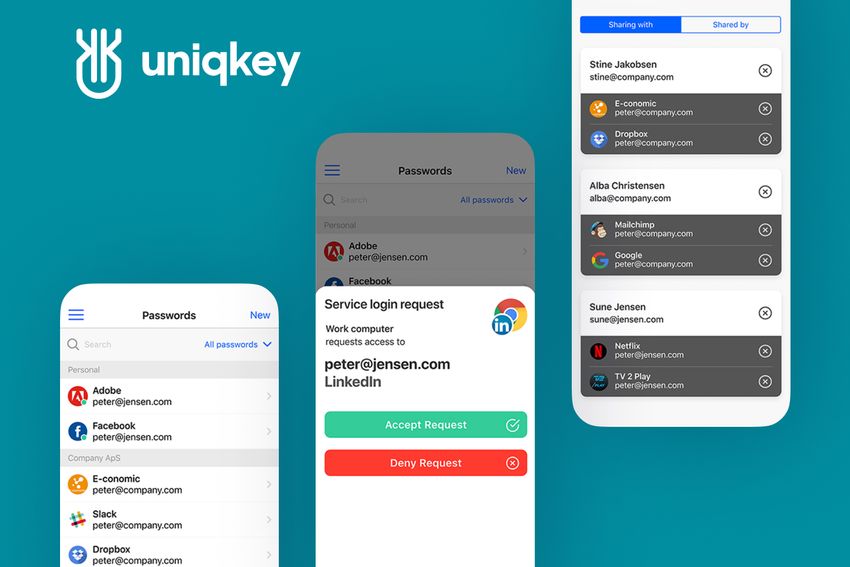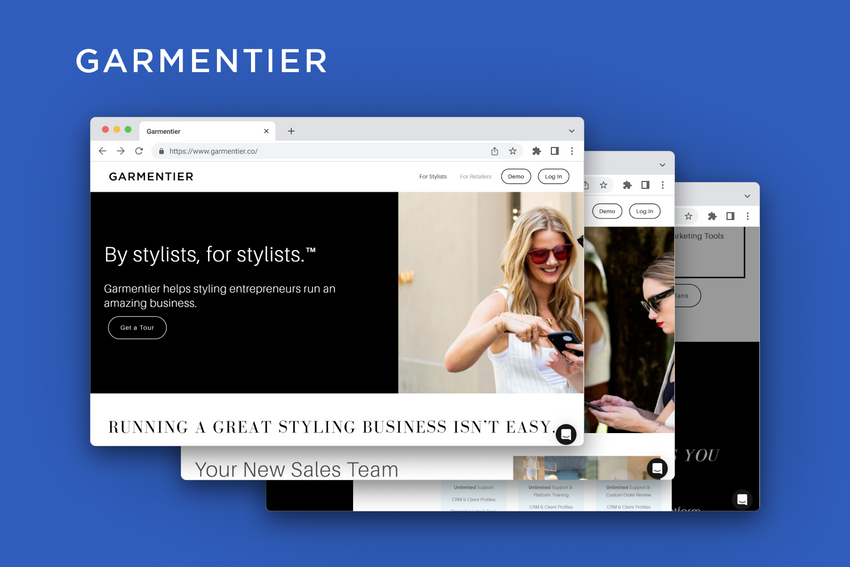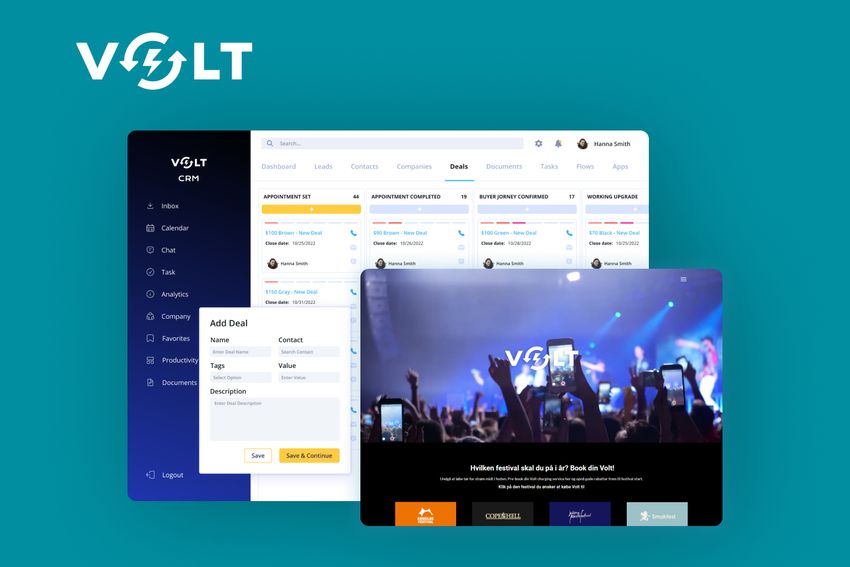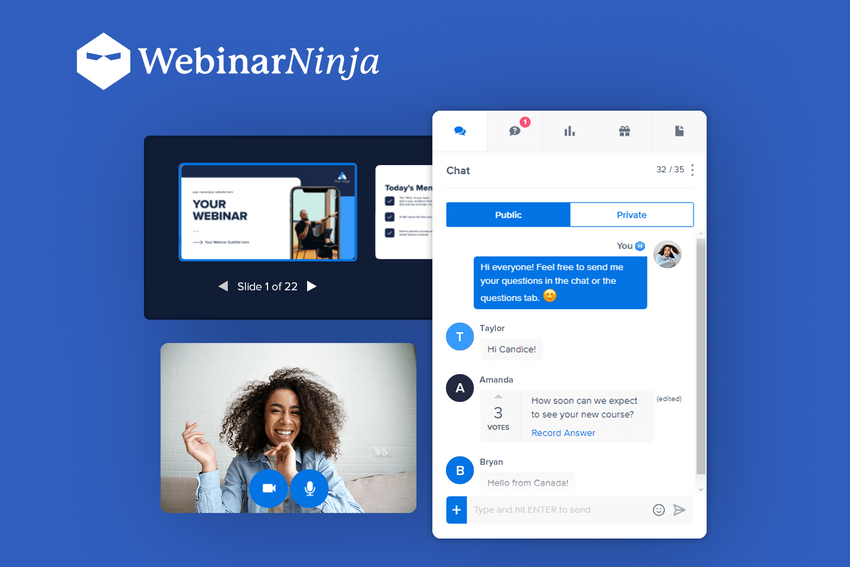AI in Healthcare: What Will Come Next?
Find out more about AI-driven healthcare routine and trends to visualise the near future of the industry.
Find out more about AI-driven healthcare routine and trends to visualise the nearest future of the industry.
Healthcare industry of today is moving actively towards digitalization, and AI is an important piece in the puzzle of its new face. New ways of management, customer-centric approach, enhanced doctor-patient communication, automation of paperwork and much more: experts say this domain will change in the coming 5 years as much as the communication domain have changed in the past 20 years. Let’s look at AI-driven routine and arising trends to visualise the nearest future of healthcare.
Next Wave of the Technological Upgrade
AI will influence all sectors of the industry, falling, according to Gartner, into the following classification: patient, clinical and administrative-operational AI. They will interact with each other to improve the overall quality of medical care and to solve a wide range of specific problems, the most important of which are displayed below.
Better Patients’ Data Management
Vast amounts of paperwork was always a big problem for clinics and medical centers, as both doctors and patients used to spend a lot of time filling up and checking all the forms. Now AI can do all this in a couple of minutes: fill in client's profiles, verify the information, set up appointments with doctors and keep all the patients’ data updated. This is already a part of the routine in numerous health care centers and will become a standard in the next 5 years.
Precise Image Analysis and Exact Disease Detection
With AI algorithms image analysis came to the next level of accuracy. MRI, CT and RET scans are now being analysed with AI, which not only frees doctors from monotonous tasks, but also improves the quality of such analyses due to a great number of similar images and data AI analyses at a time. This approach helps to identify the disease at the earliest possible stages, which raises the chances to overcome it.
Faster Drug Discovery
AI adoption makes drug discovery much faster, easier and cheaper than it was before. That’s one of the main AI-based achievements, as according to statistics predictions, in the coming 20 years each fourth person in Europe and North America will be over the age of 65. Though, up until now drug discovery was taking place only in the biggest pharmaceutical corporations and hospitals, which had enough resources to develop and several years of time to test a new drug. Now AI can do all this in several weeks, economizing the companies’ budget and helping to solve the coming problem of capacity in the healthcare sector.
Predictive Care and Epidemic Detection
The lesson of 2020 showed the extreme importance of epidemic prevention and fast detection. AI-based care services can make it possible: they analyse different factors of people’s lives, such as place of birth, food preferences, working conditions, income rate, family type, state of ecology in a certain location, time of the year, chronic diseases - so-called “social determinants of health” - in order to notify people of the coming disease or epidemic of flu, for example. AI-based algorithms have already shown their efficiency in pandemic detection: during the first wave of Covid-19 the system analysed airline tickets and successfully determined where the disease will spread next.
Connected Care and Networking Hospitals
In the near future hospitals will become not a single place, but a system of several connected clinics and centers. Thus, each department will be able to concentrate on a certain specialisation, and the connection between them will be possible thanks to AI. Such a system will have a unified medical database, while doctors and patients will get all the updates real-time and in a full amount. Experts say this is what healthcare will look like by 2030.
Identifying Domestic Violence
It’s not obvious, but AI will be an effective weapon against domestic violence, 50% of which is still unreported. AI algorithms can be programmed to keep track of certain changes in the body such as bruises, changes of heartbeat and pulse rhythm, the level of hormones etc., and notify the doctor and patient in the necessity of an exploratory interview and further actions.
AI-powered Workforce Redistribution
According to McKinsey, healthcare is one of the domains where AI-based automation is hardly possible to a full extent, as only 35% of work here can be automated. This number varies greatly by doctors’ specialisation: the work of medical equipment preparers can be automated up to 45%, while the work of psychiatrists and dental hygienists only by 3%. Here we see the general tendency at the labour market for a growing need in high-skilled professionals and declining demand in low-skilled personnel. Thus, AI adoption will not reduce the need for medical personnel, but it will redistribute the workforce according to new market needs and, according to McKinsey, even will lead to a 39% demand increase in medical professionals by 2030.
AI adoption will not only redistribute the workforce, it will change the way clinics work and will enforce new medical specialisations introduction, especially in the field of data architecture, AI algorithms and technical products analyses. These specialists will gain insights on AI contribution to diseases identification and treatment, find weak sides of the system and ways for its improvement to get a better understanding of patients' health and the effectiveness of their treatment. All these technical specialists will be in great demand in the sector in the coming years.
What Causes Experts’ Concern
Many people express concerns that AI will sooner or later fully replace the existing system of healthcare, meaning disease detection, treatment prescription and patient rehabilitation assistance. But this is impossible due to the fact that AI successfully solves repetitive analytical tasks, but can’t see the similarity even if 1 element is slightly changed. It’s far less efficient than people in solving complex logical problems and also has biases, so it still needs a doctor’s check.
What really causes experts’ concern, is the question of security in using AI-based algorithms. Some people think security will be improved due to the use of this technology, but the situation is vice versa. Such algorithms need data, as much as possible, in order to work properly. Thus, the client’s data is constantly processed, estimated and compared with other patients’ data. This makes these algorithms effective, but medical data is in danger of cyber attacks and can be stolen. Not all people will agree to give their data to be processed by AI, which can cause patients’ distrust, noncompliant behaviour and even lead to new waves of epidemics.
Nevertheless, experts stay positive, stressing out that AI-adoption processes are an inevitable stage of the healthcare revolution and these minor factors can’t prevent it and outweigh its numerous positive results. AI will not replace human doctors, will not prescribe drugs and will not be as emphatic as nurses, but it will help people with monotonous tasks, analysing vast amounts of clinical data, contributing to better doctor-patient experience, and delivering a higher level of medical care.
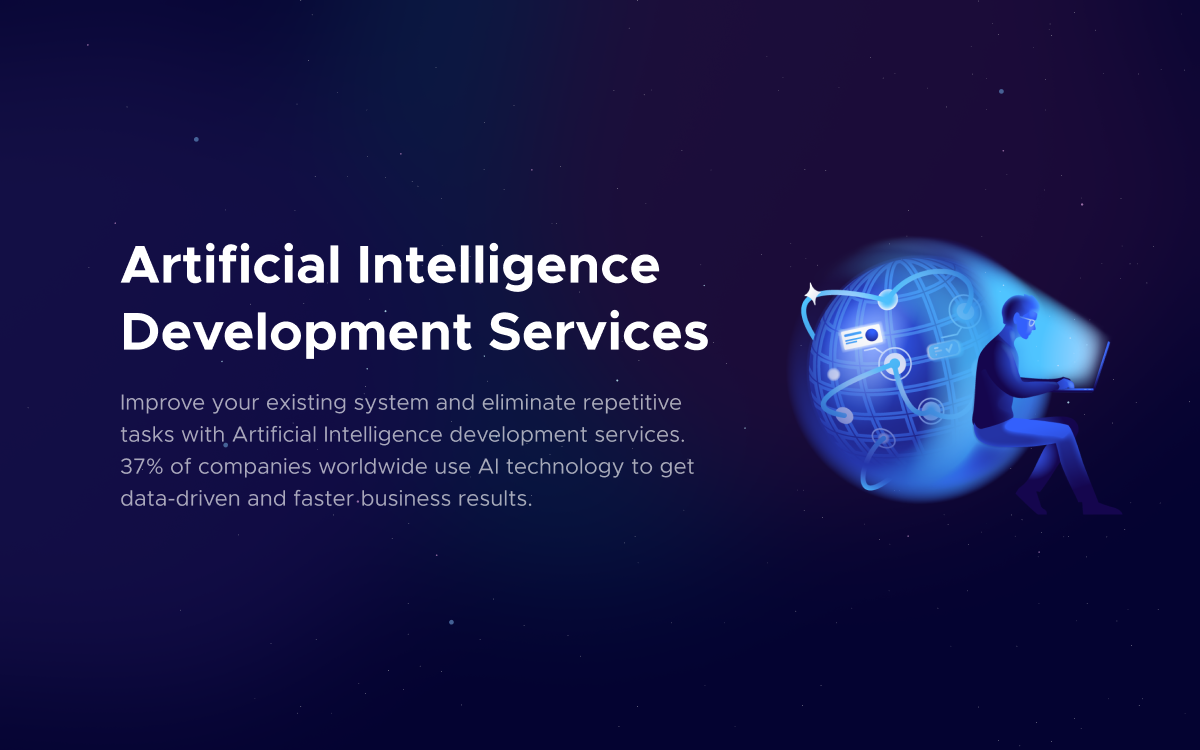
Need Help With A Project?
Drop us a line, let’s arrange a discussion

